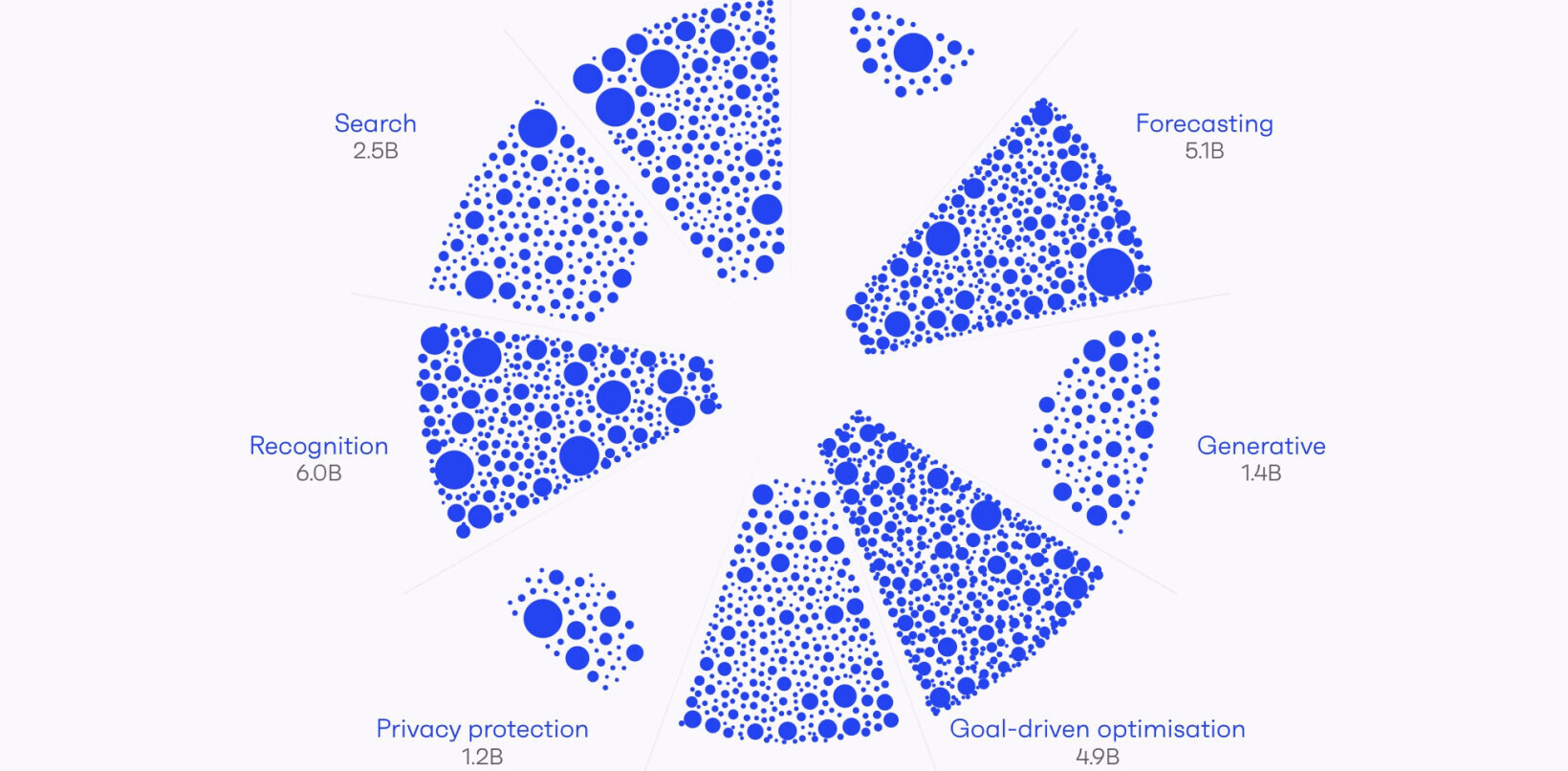
The Pirate Party in the UK (PPUK) held its conference over the weekend at the Royal Society of Medicine in London.
Sitting outside a small auditorium waiting for the day’s talks and presentations to begin, it felt a bit like a doctor’s waiting room, albeit one with PP slogan t-shirts and faces tilted to netbooks, tablets and phones.
Given the party’s relative success in recent elections where party leader Loz Kaye beat the Liberal Democrats in Bradford Ward and will now stand in Manchester Central, it was possible that a crowd might turn up to either support the cause or explore the policies.
About 30 people were in attendance and it was generally a quiet atmosphere, somewhat dwarfed by the grand surroundings of the venue.
I chatted with a few people waiting, pointing out I am a journalist, “I’m not giving away secrets am I?” asked one as I asked what they were expecting. I told them how I was there to find out what the Pirate Party was standing for in the UK. Rather oddly the answer from others was, ‘So am I’.
So, if they were not sure of the policies, why had they joined the party? One member told me they were a part of the Occupy movement and found that the ideas for the party suited them as an alternative or a position outside of mainstream politics.
Current state of affairs
The morning involved an address by Loz Kaye designed to rouse the crowd (not easy in a small silent auditorium with a limited group of people but encouraging none the less). There was an introduction to past and present candidates, a presentation by the PPUK board about the state of the party and a discussion about the new manifesto.

The previous manifesto had three main areas of concern, copyright and patents, freedom of speech and privacy. In order to gain wider appeal, a new manifesto is going to the vote with more topics covered.
The Pirate Party in the UK has suffered a difficulty with identity. The public perception is either that they are not familiar with the party or that they assume it is a single issue party with a focus only on civil liberties relating to life online.
The new manifesto will be voted on as a single document, something that appeared to cause some concern among members who would prefer to break down the issues for individual decision making.
Voting on the manifesto is bound to be a long enough process after two years getting it together; breaking it down again for granular inspection would almost see it grind to a halt. Though voting on one document seems like a hard call for some members, having a consolidated party line with clearly defined policies on health, defence, the economy and of course digital matters will help party candidates find something to say when it comes to elections.
It seems that the identity crisis is not just about public perception though. The Pirate party appearance is one of jeans and sloganed t-shirts. The candidates are younger and the presentations less polished. One of the current candidates, Finlay Archibald of Glasgow, pointed out he was still nervous when presenting but also worked to avoid delivering the same speech at each event, a fair point about other political candidates.
The general idea was that the Pirate Party candidates were loathe to be seen as politicians. The UK reputation around politics in general is pretty bad. Though it may be often discussed at dinner parties or in the pub, it’s still often a dirty word.
A broader political landscape
Rick Falkvinge, political evangelist and founder of the first Swedish Pirate Party was at the meeting. From his seat in the audience he explained how he had also found it to be a tricky juxtaposition, “I had a huge conflict of identity when I realised I was a full time politician,” he said. “As I grew up I knew that politicians were more or less shameless bastards who lied on television about subjects I didn’t care about. Realising that we had widened the field of politics to include the connected lifestyle and defending that means yes, we are politicians but only because we widened that field.”
It seems that to feel comfortable in the political arena, the Pirate Party needs to be more at ease with being politicians. Maybe it’s a rebranding issue, to enter a new type of politician that stands far away from the Oxbridge stereotypes. If that is the case then the groundwork needs to be done to ensure that there is also a level of trust.
 Andy Halsall campaigns manager agrees, “There is a risk of being tainted with by the term ‘politician’, but we are involved in politics and fortunately as it means we can have an influence on what happens in government.”
Andy Halsall campaigns manager agrees, “There is a risk of being tainted with by the term ‘politician’, but we are involved in politics and fortunately as it means we can have an influence on what happens in government.”
There are groups within the UK who also work in the field of civil liberties but prefer not to become a part of a political system. Halsall says that although the Pirate Party works with many of these groups, it has a different method. “Other groups have a different aim, to raise awareness and to make change by lobbying. Our aim is to be a part of the political process and make a change directly,” he says. “We need to stand up and say we have an MP who is tabling a bill or our party is voting against legislation that is dangerous, so yes we have a different focus.”
The Pirate Party has come some way but still has a long journey ahead. Falkvinger noted that the route the Green Party took was a long one; around forty years until it started really changing policy and that the Pirate Parties around the world appear to be following a similar path.
The issues of a digital age are somewhat accelerated when it comes to developing the Pirate Party as a political force, but a broader manifesto should have a better appeal to a wider voting audience. It will be interesting to see if the 2012 manifesto suits the voters in the UK and if it is also the right fit for its own members.
At a brief lunch break I had a chat with a few attendees who were discussing whether or not they wanted to join the Party as members. For those who were not already signed up there was a certain amount of ambivalence.
“It’s as though they’re reluctant politicians,” mused one. But he also felt that there was little appeal in the traditional stereotype of the leader in politics.
A more formal presentation of a wider set of policies may set the UK Pirate Party on the right track to more votes. But for now in the current UK voting system, it really needs to work on a cohesive identity. Not an easy task if it continues to attempt to be all things to all of its members.
Get the TNW newsletter
Get the most important tech news in your inbox each week.





